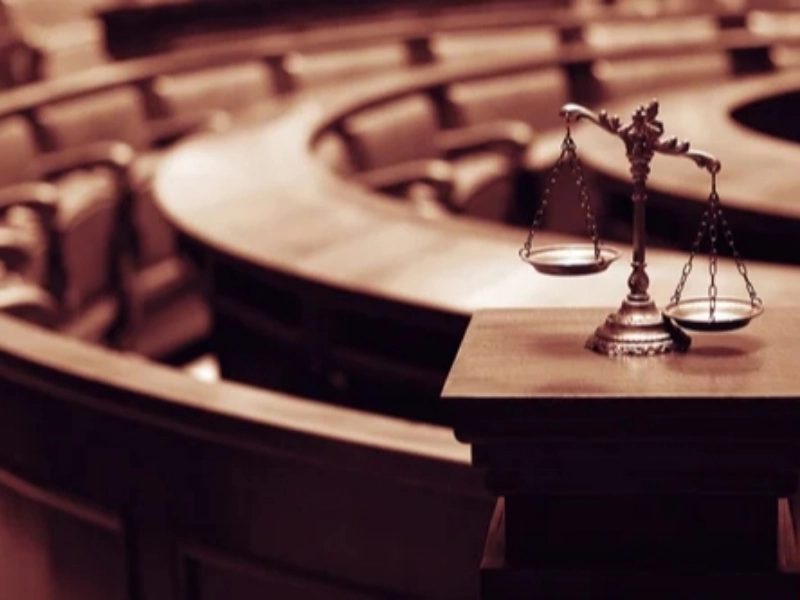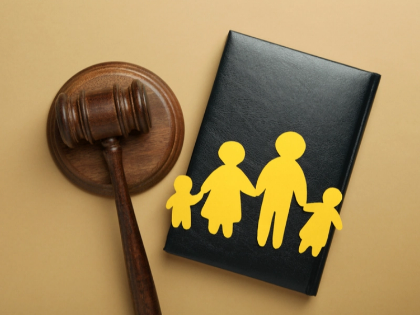Recognizing the Legal Consequences of Data Privacy and Cybersecurity
The idea of data privacy holds that each person should be in charge of their personal data. One aspect of this control is the ability to ascertain how and when it will be shared. A sophisticated strategy is needed to strike a balance between privacy rights and security requirements. This extensive journal will provide professionals with insights and guidance by demystifying the legal ramifications of cybersecurity and data protection.
1. Capability to defend

2. Designing for Privacy
 Every product, service, and business activity should be built around the fundamental idea of privacy. Gaining user trust and being recognized as a pioneer in ethical data processing are more important goals than merely adhering to the law. It also involves anticipating and proactively integrating future regulatory requirements—like the CCPA and GDPR—into your systems rather than responding to them after the fact.
The second Privacy by Design premise is to "prioritize user privacy" in order to achieve this goal. It places a strong emphasis on including privacy into business procedures as well as information technology standards, networks, and infrastructure design. By taking a proactive stance, companies can avoid expensive privacy violations and meet their regulatory requirements.
By integrating privacy into systems, companies can also provide functionality that meets the needs of all stakeholders, not just privacy concerns. For instance, utilizing cutting-edge technologies like homomorphic encryption and differential privacy might enable complex analytics while safeguarding user data. The last tenet, "end-to-end security," is essential to guaranteeing that user data privacy is preserved from the time it is collected to its usage, disclosure, and safe destruction.
Every product, service, and business activity should be built around the fundamental idea of privacy. Gaining user trust and being recognized as a pioneer in ethical data processing are more important goals than merely adhering to the law. It also involves anticipating and proactively integrating future regulatory requirements—like the CCPA and GDPR—into your systems rather than responding to them after the fact.
The second Privacy by Design premise is to "prioritize user privacy" in order to achieve this goal. It places a strong emphasis on including privacy into business procedures as well as information technology standards, networks, and infrastructure design. By taking a proactive stance, companies can avoid expensive privacy violations and meet their regulatory requirements.
By integrating privacy into systems, companies can also provide functionality that meets the needs of all stakeholders, not just privacy concerns. For instance, utilizing cutting-edge technologies like homomorphic encryption and differential privacy might enable complex analytics while safeguarding user data. The last tenet, "end-to-end security," is essential to guaranteeing that user data privacy is preserved from the time it is collected to its usage, disclosure, and safe destruction.
3. Notification of Data Breach
 Following data breaches that reveal personal information, people are vulnerable to fraud and identity theft. For this reason, notice requirements for the access, acquisition, or disclosure of personal information are established by data privacy laws around the world.
Usually, breached companies have to notify all impacted parties as soon as possible, along with any consumer reporting agencies that gather and keep consumer data nationwide. In certain situations, substitute notice is allowed, and notification may be sent later than planned to accommodate law enforcement.
It is wise to seek advice from outside legal counsel with experience in cybersecurity and data protection, including state and federal law, in order to avoid liabilities. Data Breach Notification, a useful resource created by the Attorney General's Office, describes the notification obligations under Florida law.
Following data breaches that reveal personal information, people are vulnerable to fraud and identity theft. For this reason, notice requirements for the access, acquisition, or disclosure of personal information are established by data privacy laws around the world.
Usually, breached companies have to notify all impacted parties as soon as possible, along with any consumer reporting agencies that gather and keep consumer data nationwide. In certain situations, substitute notice is allowed, and notification may be sent later than planned to accommodate law enforcement.
It is wise to seek advice from outside legal counsel with experience in cybersecurity and data protection, including state and federal law, in order to avoid liabilities. Data Breach Notification, a useful resource created by the Attorney General's Office, describes the notification obligations under Florida law.
4. Rights of Data Subjects
 One of the rights of data subjects is the right to be informed, which calls on your company to confirm whether or not you are processing their personal data, explain why, what legal basis it has, which entities their data has been or may be shared with, how automated decision-making functions (including profiling), how long it will be stored, and other information.
Additionally, they are entitled to the completion of incomplete personal data and the correction of erroneous data, including by receiving a supplemental statement. In a same spirit, individuals have the right to limit how their data is processed and, in some cases, the right to be forgotten.
Finally, individuals can ask for a copy of their personal data in an organized, widely-used, and machine-readable format thanks to their right to data portability. You might be able to charge for processing these requests in some circumstances, but only if the amount is obviously exorbitant or unjustified given the administrative burden it places on your company.
One of the rights of data subjects is the right to be informed, which calls on your company to confirm whether or not you are processing their personal data, explain why, what legal basis it has, which entities their data has been or may be shared with, how automated decision-making functions (including profiling), how long it will be stored, and other information.
Additionally, they are entitled to the completion of incomplete personal data and the correction of erroneous data, including by receiving a supplemental statement. In a same spirit, individuals have the right to limit how their data is processed and, in some cases, the right to be forgotten.
Finally, individuals can ask for a copy of their personal data in an organized, widely-used, and machine-readable format thanks to their right to data portability. You might be able to charge for processing these requests in some circumstances, but only if the amount is obviously exorbitant or unjustified given the administrative burden it places on your company.








